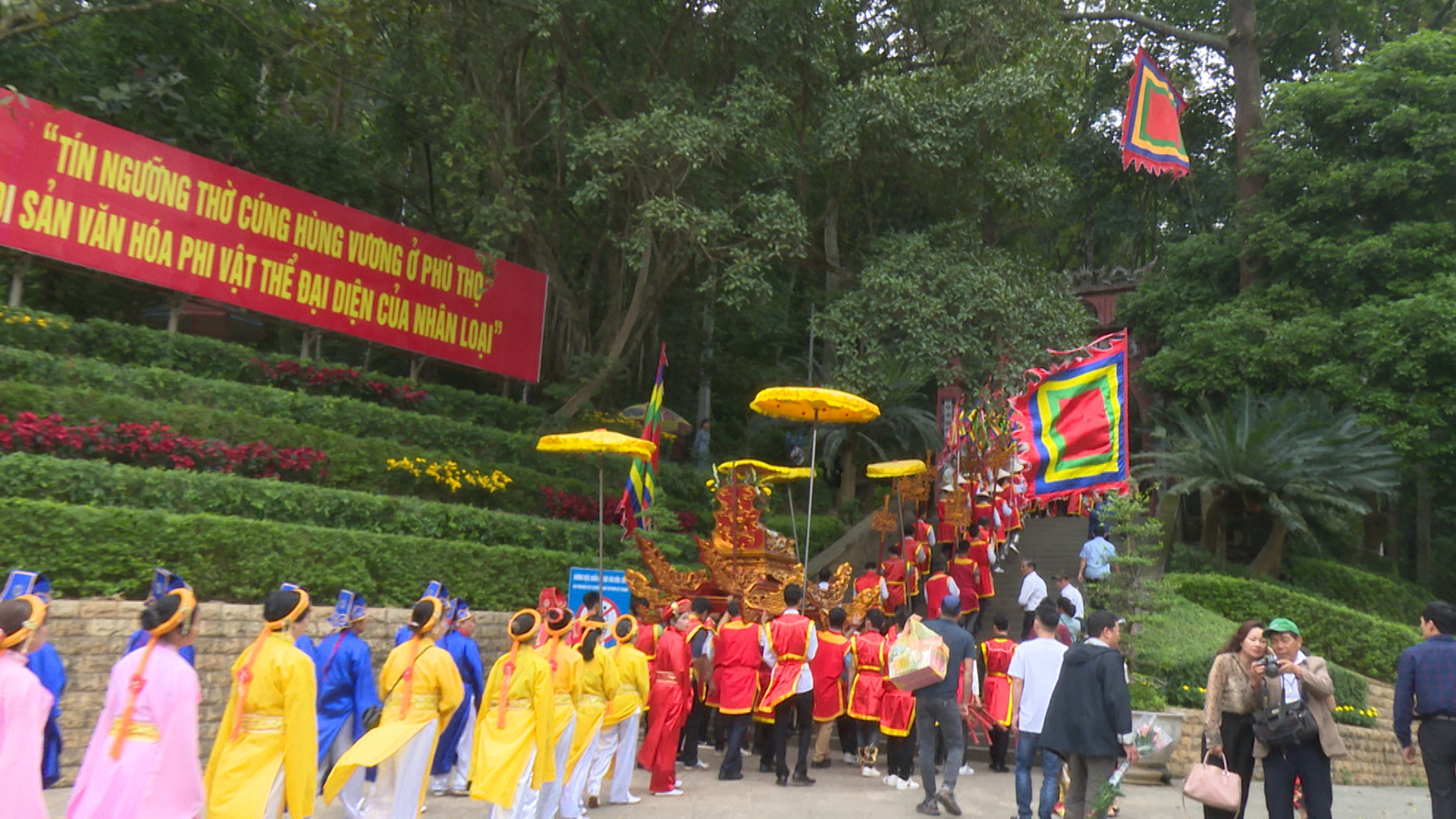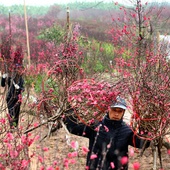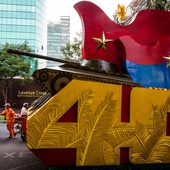Public Holidays
In Vietnam, public institutions are closed on public holidays, while some stores and restaurants will remain open to serve guests during these holidays. The most important holiday in a year, Tet holiday, sees the massive change in operation of companies and people's lives so plan your travel carefully if you plan to visit Vietnam during these periods.
As of 2025, Vietnam has updated its public holiday policy to prioritize long weekends, consolidating days off throughout the year rather than distributing them across various scatterings. Most public holidays in Vietnam commemorate significant historical events or celebrate cultural values intrinsic to Vietnamese identity. A mix of these holidays is observed according to both the Lunar and Solar calendars: approximately half align with the Gregorian calendar, while the remaining half follows the Lunar Calendar.
During public holidays, government offices are closed, yet many stores and restaurants remain operational to accommodate visitors. The Tet holiday, which marks the Lunar New Year, is the most significant holiday of the year and brings substantial changes to the operational dynamics of businesses and daily life in Vietnam. Travelers planning a visit during this period are strongly advised to plan their itineraries with care.
Vietnam Public Holidays
New Year (January 1)
Like many countries globally, Vietnam celebrates the New Year on January 1st. This day is considered a public holiday, and all government offices, including banks, remain closed. However, services catering to tourists and the general public largely operate as usual.
 Photo: vietnamtourism.gov.vn
Photo: vietnamtourism.gov.vn
Lunar New Year - Tet Holiday (mid-January to mid-February)
The Lunar New Year, or Tet holiday, is the most celebrated event in Vietnam and typically occurs between mid-January and mid-February (specific dates can vary annually). During this extensive holiday, lasting 5 to 9 days, a considerable number of individuals take time off, which includes restaurant closures and limited availability of tourist services. Detailed travel tips during Tet can be found on our Tet page and through our travel advisory for visits during Tet holiday.
Hung King Festival (early April)
The Hung King Festival has been a national holiday since 2000, commemorating this historic event on the 10th day of the 3rd lunar month. While the holiday is officially celebrated for one day, it is common for individuals to extend this holiday by merging it with the adjacent weekend. On this day, banks and administrative offices are closed, but restaurants and services function as normal.
Learn more about the Hung King Festival.
 Photo: baochinhphu.vn
Photo: baochinhphu.vn
Reunification Day - Labor Day (April 30 - May 1)
Reunification Day, which celebrates Vietnam's reunification, falls on April 30, marking the end of the Vietnam War in 1975. The following day is Labor Day, both of which are observed as public holidays. These holidays often include various celebrations, such as marches and performances (Learn more about Labor Day).
Independence Day (September 2)
On September 2, 1945, President Ho Chi Minh declared Vietnam’s independence from colonial rule, a landmark event celebrated annually. Many Vietnamese citizens take advantage of this holiday to travel, while others commemorate the occasion by visiting historical sites such as Ba Dinh Square and the Ho Chi Minh Mausoleum.
Read more about Vietnam’s Independence Day.
Note: Some foreign offices and embassies may observe additional holidays based on their country of origin.
VIETNAM CALENDAR IN 2025
Date |
Event |
Day of the week |
Duration |
January 1-2 |
New Year |
Wednesday-Thursday |
2 days |
February 8-14 |
Lunar New Year |
Saturday-Friday |
7 days |
April 7-9 |
Hung King Festival |
Monday-Wednesday |
3 days |
April 30 - May 1 |
Reunification, Labor Day |
Wednesday - Thursday |
2 days |
September 2 |
Independence Day |
Tuesday |
1 day |
Business Hours in Vietnam
In general, most offices observe weekend breaks on Saturday and Sunday, whereas many employees in state-owned enterprises typically work half days on Saturday. Store hours are often flexible, with urban shops remaining open later into the night. Internet cafes are permitted to operate until 11 PM, although most shopping centers tend to close by 9 PM.











